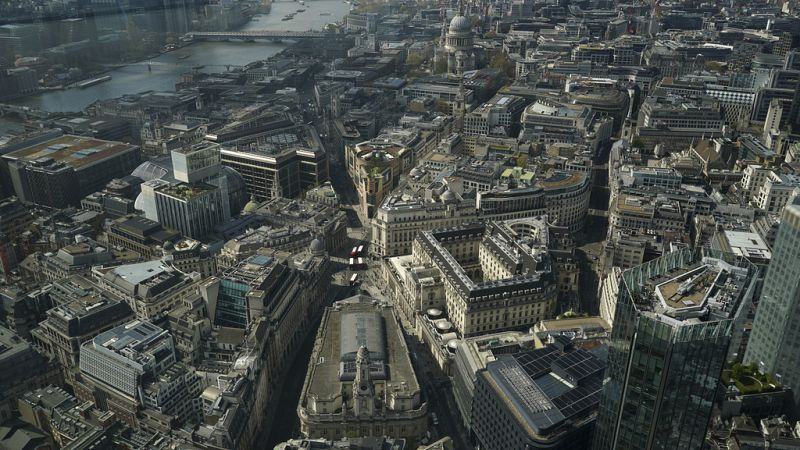
Prices in the UK were 3.5% higher in April 2025 compared to the same month a year earlier, according to the Office for National Statistics (ONS). This marks the highest inflation rate since January 2024 and exceeds economists’ expectations of a more modest rise to 3.3%.
By comparison, inflation stood at 2.6% in the twelve months to March 2025.
On a monthly basis, consumer prices rose by 1.2% in April, up sharply from a 0.3% increase in March.
Economists had anticipated a significant jump in April, driven by substantial annual increases in various household bills. The rise also reflects the impact of higher business taxes and a notable increase in the minimum wage.
According to the ONS, the main contributors to the rise in inflation were higher costs in housing and household services, transport, and recreation and culture. These were partially offset by falling prices in clothing and footwear.
What's on the horizon for UK inflation and key interest rates?
Inflation is widely expected to remain above 3% for the rest of the year, which could temper expectations of further interest rate reductions from the Bank of England, whose inflation target is 2%.
On Tuesday, the bank's chief economist, Huw Pill, said that borrowing rates have been cut too quickly — an indication that he is concerned about underlying inflationary pressures.
Since the BoE began cutting borrowing costs last August from a 16-year high of 5.25%, the bank has proceeded on a gradual basis by lowering its main interest rate by a quarter of a percentage point every three months. Earlier this month, it reduced it to 4.25%.
Following the latest inflation update, Rob Wood, chief UK economist at Pantheon Macroeconomics, said that cuts on a "precise quarterly schedule" are "far from certain."
Although inflation is expected to remain above the bank's target this year, economists expect it to decline in 2026, partly due to a recent trade deal between the US and the UK, which rolled back some of the tariffs previously proposed by US President Donald Trump.







